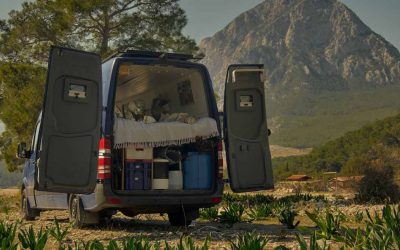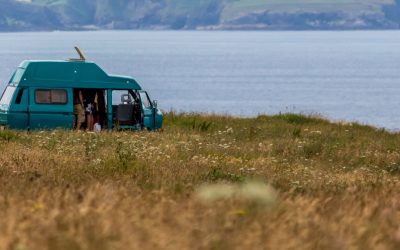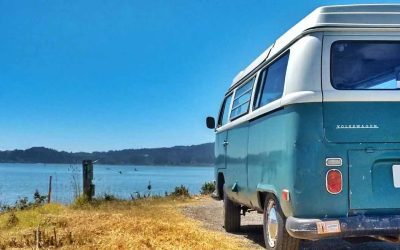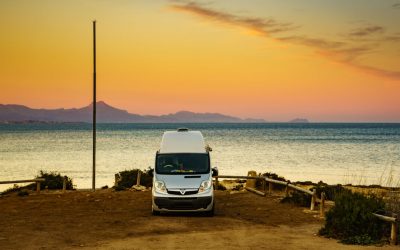Here’s a quick guide on gas safety for your converted campervan, whether you’re planning a build or you’ve just bought a camper. We’ll cover...
Category: Campervans
How Security Features Can Lower Your Van Life Insurance Premium
In this guide, we’ll explore the best security options for your van, how they can help reduce insurance premiums, and why safeguarding your...
What Are the Cheapest Campervans in the UK?
This guide explores some of the most affordable campervan options in the UK, for budget-conscious vanlifers. From compact micro campers to spacious...
The 7 Best Places to Take Your Campervan in the UK
Whether rugged coastline, rolling hills, peaks and lakes or sprawling farmland, a campervan allows you to unlock and explore some of the most remote places in the UK and experience the best the county has to offer.
What You Need to Know About Converted Campervan Insurance
Owning a converted campervan is more than just designing and creating your dream camper; it’s about embracing a lifestyle of adventure and...
Introduction to Insurance for Self-Build Campervans
We’ve put together this quick guide on how to get the right vehicle insurance for your self-built campervan conversion, to make it easier for you to...
Knowing Your Motorhome or Campervan’s Height
Understanding the height of your motorhome or campervan can mean the difference between a smooth, enjoyable journey and a costly mishap! In this...
Insurance Groups Explained
Here’s a quick guide to help you understand the different vehicle insurance groups, to help you get the right insurance at the right price. There...
How to Ship a Campervan Overseas
If you’re looking to transport your camper overseas, then this is the guide for you. Whether you’re embarking on a European adventure with your...
Converted Campervan Electrics Explained
We’ve put together this helpful guide to understanding the electrical systems in converted campervans, including what impact they can have on your...
Campervan Safety: LPG – Liquid Petroleum Gas
If your campervan uses Liquid Petroleum Gas (LPG), you’ll probably want to read this quick blog on how to use and store it safely. This essential...
Campervan Insurance Considerations: Solar Panels, Pop-Tops & Reverse Cameras
Converting a van into a campervan, often known as a DIY campervan or van conversion, is an exciting and rewarding project. However, it’s essential...
Campervan Brands That Can be Expensive to Insure
If you’re looking to take the plunge into campervan ownership by converting your own van, then this guide can help you make an informed decision...
10 Tips on Servicing and Maintaining Your Camper
We’ve put together this quick guide to help you stay on top of servicing and maintaining your campervan. Just Kampers Insurance has been offering...
Was Your Campervan Conversion Refused By The DVLA?
Was your motorhome or campervan conversion recently refused by the DVLA? Find out your next steps as we explain the DVLA campervan classification process.














